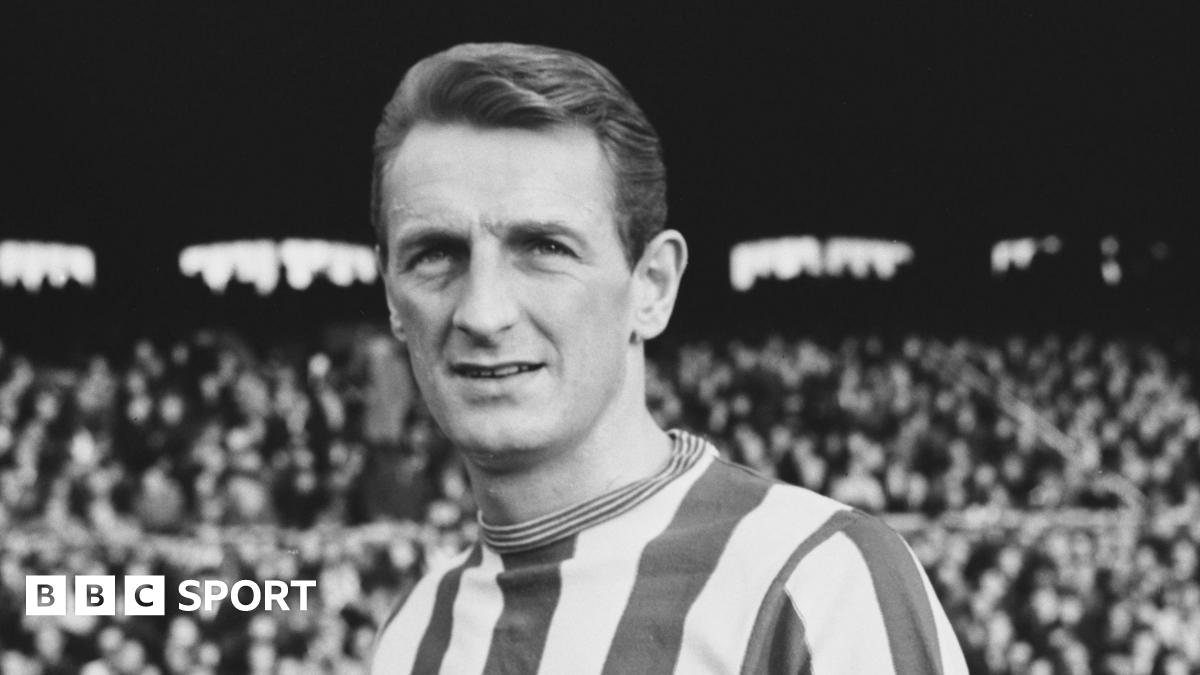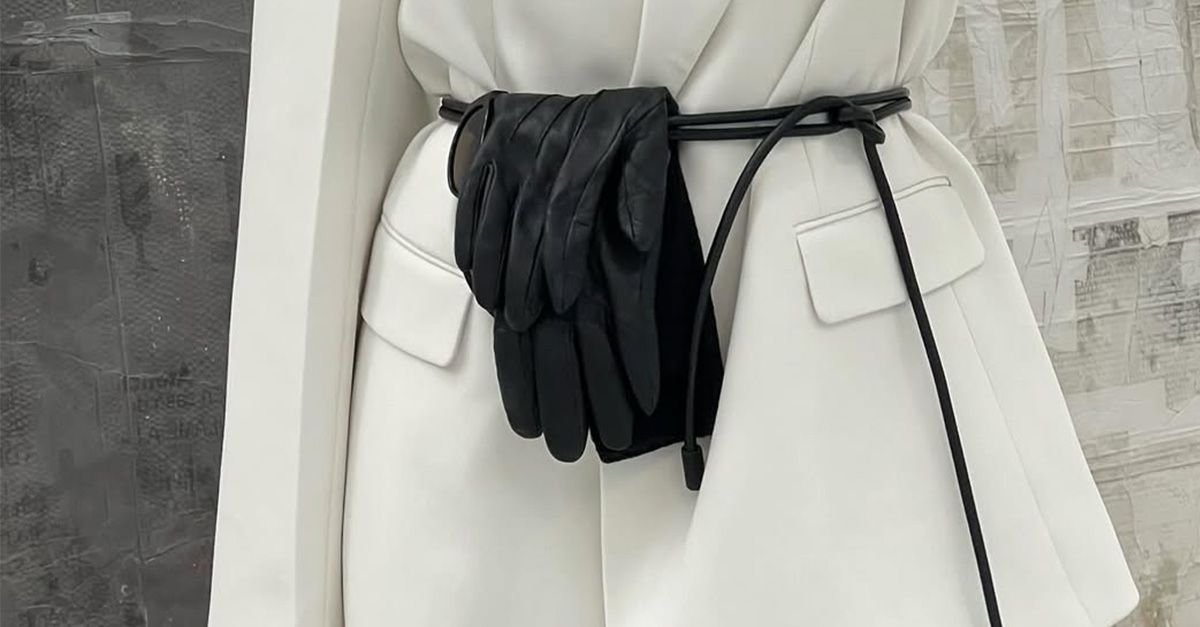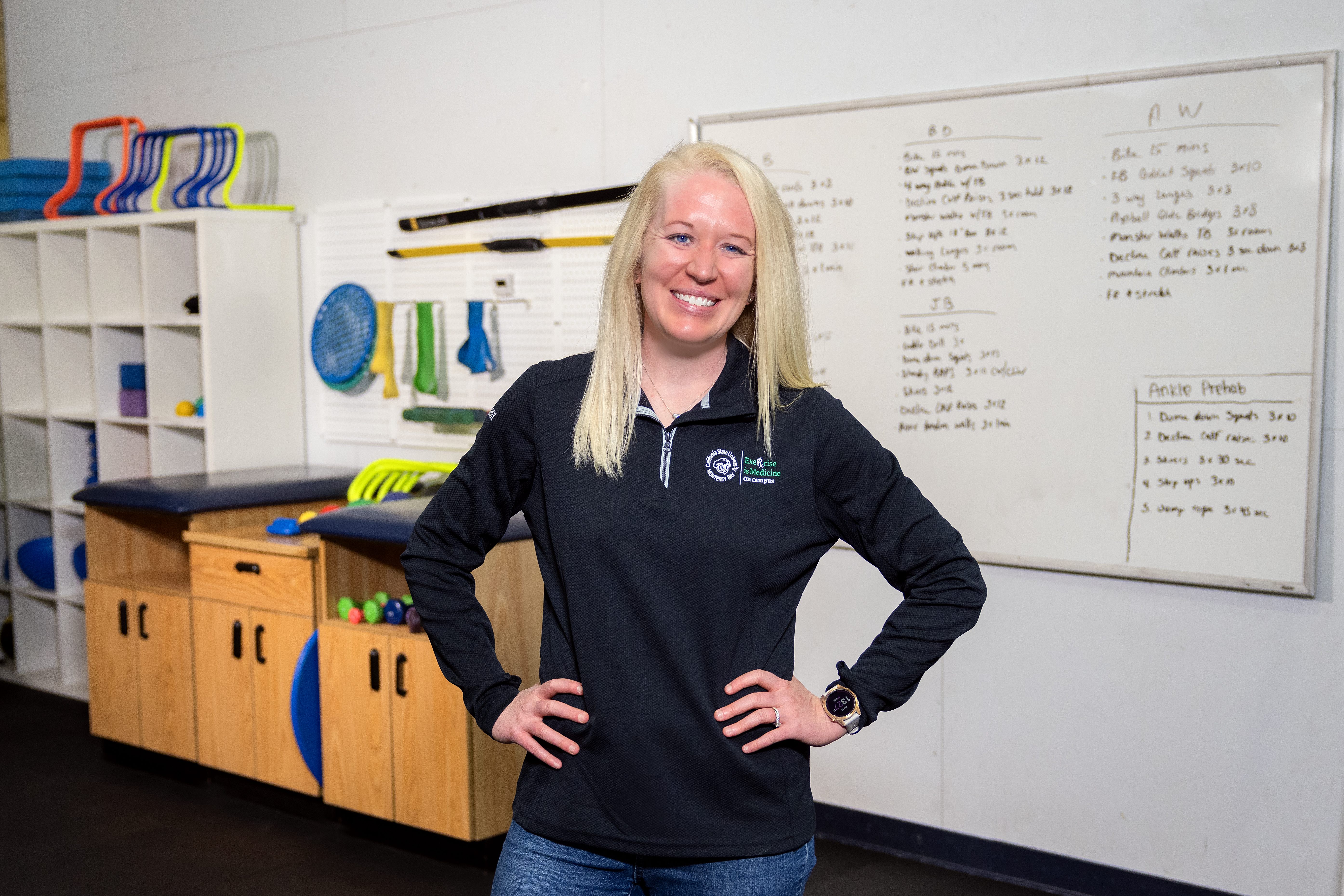Travel
Extreme Travel Tales With Best-Selling Author/Journalist Mike Finkel

Mike Finkel: adventure traveler. author/journalist
Michael Finkel has reported from over 50 countries, and has written several best-selling books, and countless articles in major publications. His newest book is The Art Thief, about Stefan Breitweiser, probably the most prolific art thief of all time.
Here’s a lightly condensed and edited conversation we recently shared, focusing on Mike’s extreme adventures and challenges, and his philosophy of travel.
You moved from Montana to the South of France in 2014, lived there full-time for seven years, and got to know Stefan Breitweiser, the subject of your latest best-selling book. How did it feel being an expat?
The frisson and excitement of traveling is a constant when you’re an expat. I had three children in elementary school and I remember having conferences with the school teachers, of course all in French, and even the smallest things were semi-struggle, semi-adventure.
Travel itself is partially a mindset, partially something real. I don’t actually feel like I’m traveling, or an expat very often. Therefore, I’m always home.
You started as a ski writer and you’ve skied all over the world. Tell us about some of your experiences.
I skied off the summit of Mount Kilimanjaro and then I put my skis in the back of someone’s house and traveled in Tanzania. I skied in Iran, where the slopes were divided between men’s slopes and women’s slopes, but really I put my skis in a locker and traveled through Iran. I skied one of the earliest ski slopes to open in China, but I also spent five more weeks traveling through China. So I used my skis as a bulky piece of baggage, a way to open up other cultures.
Tehran skyline view with Alborz Mountains.
Let’s focus on some of your travel adventures and destinations, starting with Alaska?
I spent about 20 years before I moved to France living in Montana. We used to refer to the rest of the United States as the Lower 47. My neighbor said if you really like winter, and to experience mountains, go to Alaska. I was 22 years old and it blew my mind: the scale, the scope of it all.
Way before Deadliest Catch, I got a job on a crab fishing boat in the Bering Sea in Alaska, in January. I worked — no exaggeration, 20 hours a day for several weeks. Hard physical labor, one of the absolute worst experiences of my life; it brought me to my limits physically, mentally, psychologically. And I got paid two percent of the catch. I mentally pat myself on the back, thinking that I worked an extremely rugged physical job and was actually invited back rather than fired. I’ll never forget the experience, and I think neither will my lower back.
Working vessels within the Inside Passage near Ketchikan, Alaska.
You’ve tested your limits there. What about traveling to Afghanistan?
I was in Afghanistan from October 2001 for the better part of six months. At the time there were no ATMs or credit cards, except that I think I came in with $10,000 stuck in my belt, and in the soles of my shoes. I traveled with a photographer and experienced what it was like to exist in the middle of a very undefined war: the Northern Alliance versus the Taliban.
There were a lot of U.S. soldiers around, but I was not embedded in the military like other journalists were. There were no hotels, so you had to find someone who was willing to put you up. So many memories from that.
There was a terrible incident in which a room in which I was staying with about 20 other journalists was attacked, and two people were killed in the same room that I was sleeping in. I dove out a window and ran to a U.S. Army base.
What did you learn about yourself there?
Almost everyone I met fed me, put me up. My theory of humanity, which has been unchanged for 30 years of constant travel, is that almost everyone is kind and almost everywhere is safe, including Afghanistan.
I think what I learned mostly is that you are a product of your upbringing. If I had been born in a certain part of Afghanistan and went to a madrasa and was exposed to the learning, I might have fought against the United States as well.
Let’s talk about beautiful places. How about Italy?
We lived a two-hour drive from the Italian border and all I thought about most of my time living in France was how can I get to Italy again. Funny, when you live in Europe, you know it’s like going to another state in the United States, how we would sometimes say “let’s go to dinner in Italy.”
The Amalfi Coast in Italy, the Cinque Terre, the tiny villages — the west coast of Italy, it’s almost like a dream.
Positano, on Italy’s Amalfi Coast
You’re doing very well with jet lag right now, considering you just got back to the states from Japan less than 24 hours ago, with an 11-hour time change. Any suggestions?
Ignore it a little. Mind over matter. If you think it’s midnight but it’s seven in the morning, don’t go to bed, have breakfast.
I agree. Just keep going, pretend it doesn’t exist. You’ll sleep eventually.
This was my third trip to Japan. My daughter, my oldest child, just graduated from high school and it was a father-daughter trip, just the two of us, and that was a unique travel experience for me, traveling with my child for nine days eating our way through Japan. I have an adventurous eating daughter.
An array of Japanese cuisine.
I assume you avoided blowfish, Fugu, considering you could be poisoned if it weren’t cooked by a licensed chef?
We did not have any. The funny thing about travel is if I go to Botswana for three weeks, I’ll come back, and now there’s a hundred places I haven’t been to because there’s little details. So the more you travel, the less you’ve seen. In a funny sort of way, there’s no end to it. So no, I haven’t had Fugu, and I haven’t climbed Mount Fuji. There are 17 places in Tokyo that were on my list. The idea of travel is truly endless.
Tell us about Haiti, another amazing story.
I’ve reported from 50 countries; I’ve probably been in 100 countries. I do not know of a single country on planet Earth that is in a more difficult situation than Haiti. If you want to have your eyes not just open, but ridiculously opened, travel in Haiti. It’s not for those who highly regard safety, but almost everyone is kind and will treat you well.
I will never forget the soundtrack to the streets of Port-au-Prince. Funny sounds. It’s like I remember the World Cup in South Africa many years ago, when everyone was blowing in those strange trumpets; I still hear that in my head.
The soda vendors in Port-au-Prince have a soda opener, and they bang it against these bottles and there’s hundreds of them going around and I think about people beating on the sides of glass bottles with an opener, and there’s a really interesting sound that seemed unique to Port-au-Prince. A sound memory.
A young Haitian man carries a crate of empty bottles on his head in Port au Prince, Haiti.
I’ve read about your memorable trip on a Haitian refugee boat.
I did document the struggles that some people are willing to take to get to the United States. I purchased a seat on a 23-foot long boat made completely out of wood. Five people could comfortably fit — and there were 43 of us crammed in a dank hole.
The boat was foundering in the water and was sinking. We were rescued by the United States Coast Guard. In my life, I’ve been rescued by United States military forces two separate times, in Haiti and also in Afghanistan.
You’ve covered conflicts in Israel, as well.
This was 2000, during the second Intifada. The more things change, the more they stay the same. You could literally read in the Bible about the Israelites and the Philistines, and now you have the Israelis and the Palestinians. You know it’s only a conflict that’s been going on for a couple of thousand years.
And once again, I’m Jewish and I lived in Gaza City for more than a month without leaving the confines of the Gaza Strip and again was treated by most people extremely kindly.
In Central Africa, you documented the impact of animal poachers. What’s your feeling there in terms of good?
I think that someone who’s going to kill an elephant for a hunk of ivory is in no way performing anything good. But I know bankers who make money off of other people’s bankruptcies. I don’t think that’s particularly good either, and that’s not only legal, but celebrated. The world is all shades of gray. I don’t know if you’ve ever been really hungry, but in desperate situations you don’t really know what you would do.
Speaking of hunger, you crossed the Sahara with migrant workers.
I jumped on the back of a truck that was crossing the Sahara for three days. We were mostly Muslim migrants and so the truck would stop five times a day so everyone could pray, and I would crawl underneath the truck to sit in the shade. There were maybe 75 people on a pretty big dump truck, all crammed in.
Typical cargo truck, often carrying migrant workers, breaks down in the Sahara desert.
For dinners, each group of 20 had this birdbath-sized bowl, and everyone would dig around in their belongings for a can of tuna fish or some sardines. We would all dump it in this communal bowl and share whatever we could come up with.
I’ve eaten at some Michelin-starred restaurants, but I’ve probably not had any more memorable meals than with 19 of my favorite migrant workers, none of us sharing a language, putting our hands into the same bowl in the middle of the Sahara Desert on a scorching day.
In the Congo you worked for National Geographic magazine, and spent time with field scientists descending into a volcano. What was that like?
I think of the word ‘sublime’ when it comes to something that’s overwhelming in its beauty and its nature, and you feel forces so much greater than you. Some amazing things I’ve seen in my life include the Northern Lights, and a full solar eclipse. And I had the great fortune to descend into Nyiragongo, one of the world’s most active volcanoes, to see a lake of lava. It makes me feel, as it does just simply laying on my back on a clear night when I see the stars, both extraordinarily significant and completely insignificant.
Nighttime view of the lava lake in the pit crater, Nyiragongo Volcano, Democratic Republic of the … [+]
You’ve given us so many extreme travel experiences. Can you tell us perhaps your most challenging one?
Extremes of emotion or feelings are what I seek. Like you mentioned earlier in this wonderful free-ranging conversation, I’ve been in Afghanistan, Haiti, covered conflicts in the Middle East, tried to climb an 8,000-meter peak in Tibet, been tortured in many ways.
I’m a journalist, an outgoing person, and I decided that I would do a 10-day silent meditation retreat at the Damagiri Meditation Center in India. You couldn’t even make eye contact with anyone. You couldn’t bring anything to read, and I am an inveterate reader. You couldn’t bring a pen or a pencil, and I’ve kept a journal for 30 years.
Ten days included hours and hours a day of sitting on a cushion doing guided meditation. I cannot tell you the depth of how difficult that was for me. I hated it in a level that was so deep, and yet there was no chains attaching me. I could have left at any moment, and that also made it harder. If I was literally locked up, it might’ve been easier. Within 24 hours, every fiber of my being wanted to run out.
Meditating.
I managed to stay completely silent, without any distractions, for 240 hours. Some people thought it was the absolutely most fulfilling experience, but I will never forget the difficulty of that. To explore the outer world is amazing, and to explore the inner world is no less vast.
The Buddha himself used Vipassana meditation to achieve enlightenment. That’s how old it is and how well-respected. The people that teach these courses around the world, do it for free. The trip that cost me nothing, in which the entire itinerary was to do nothing, was the absolute most challenging trip of my life.
***
Listen to the complete interview, and over 100 other episodes on my award-winning travel podcast, Places I Remember with Lea Lane, wherever you get podcasts; and subscribe to my YouTube channel, Places I Remember: Travel Talk with Lea Lane.








